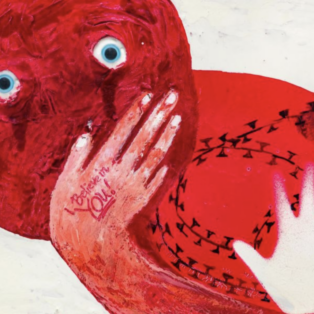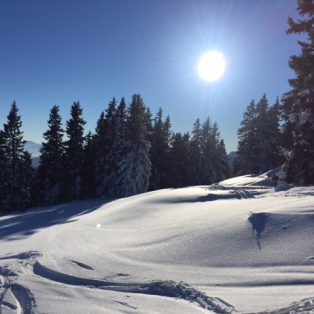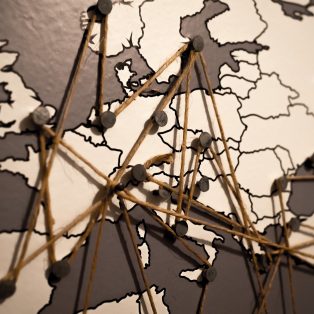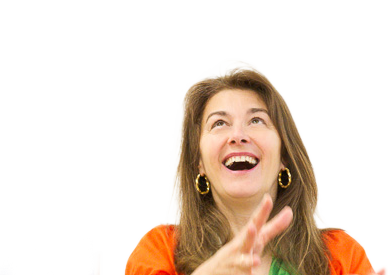EMP:PATH Exploring Mindful Parenting: A path towards social well-being
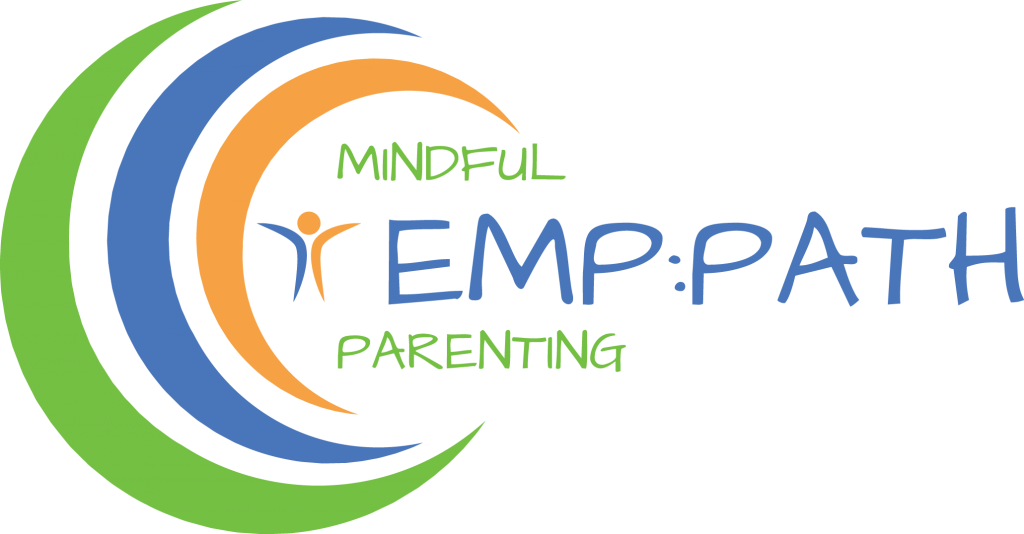 Monday morning; you have an important meeting in your job coming up today; your kids do not really want to get out of bed; late they come to have some breakfast; you have 10 minutes to leave the house to avoid coming late to the meeting; the children start to quarrel and you would like them just to get ready to go to school …
Monday morning; you have an important meeting in your job coming up today; your kids do not really want to get out of bed; late they come to have some breakfast; you have 10 minutes to leave the house to avoid coming late to the meeting; the children start to quarrel and you would like them just to get ready to go to school …
A fairly common situation out of everyday life of parenting – situations when planning and organisation, convincing and persuading do not work anymore; and emotions in all its colours get into the driving seat. How does a mindful response to such a situation look like?
Mindfulness does not propose solutions, does not suggest recipes how to deal with challenging situation. It invites foremost to become aware – aware of what is all happening in a given situation to you, to others. Noticing emotions, noticing thoughts, noticing body reactions – noticing before jumping into an impulsive reaction that you might regret afterwards. Developing the ability to choose your response rather than react!
Mindful Parenting
Here is the essence of mindful parenting and with it the essence of the project “EMP:PATH”. The project is exploring ways to support parents in developing a more mindful approach to parenting – for their own well-being and the well-being of their kids and families.
The four partner organisations in the project have a history working with parents as well as having mindfulness as a focus in their programs. Now they got together to learn from each other experiences and competences to enhance their work and offers in the field of mindful parenting.
Concrete outputs of the projects will be:
- Guidelines for a curriculum of mindful parenting programs.
- A story-book with shared experiences of parents trying to apply a more mindful approach to their parenting.
Background literature:
- Jon and Myla Kabat-Zinn, Everyday blessings
- Susan Bögels and Kathleen Restifo, Mindful parenting
The EMP:PATH project lasted from October 2016 to December 2017. To know more visit the project website >>
 This project has been co-funded with support from the European Commission. This communication reflects the views only of the author, and the Commission cannot be held responsible for any use which may be made of the information contained therein.
This project has been co-funded with support from the European Commission. This communication reflects the views only of the author, and the Commission cannot be held responsible for any use which may be made of the information contained therein.
